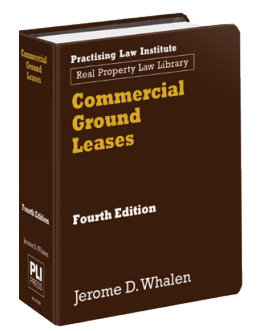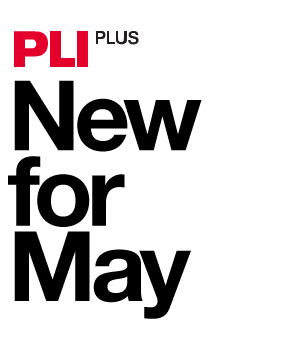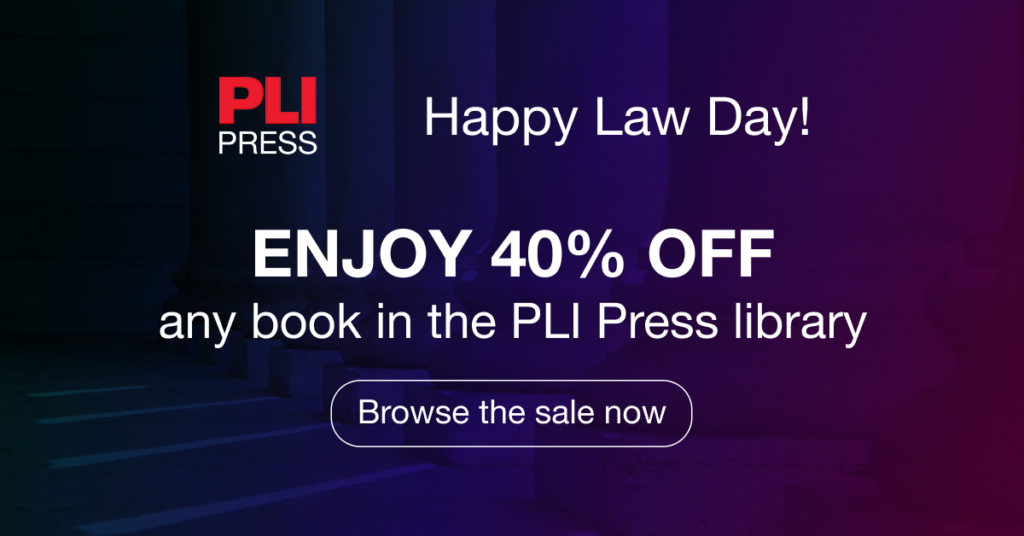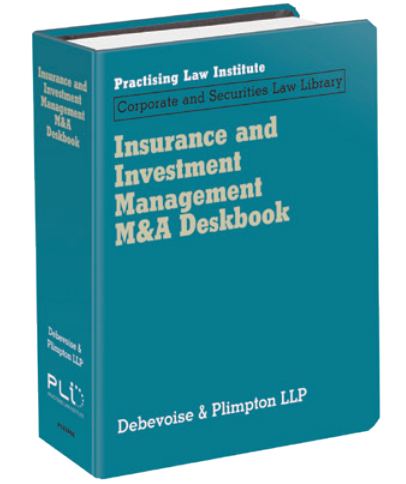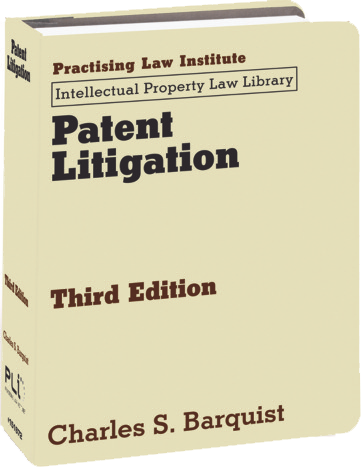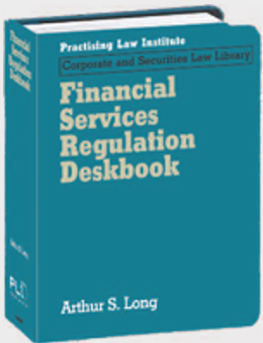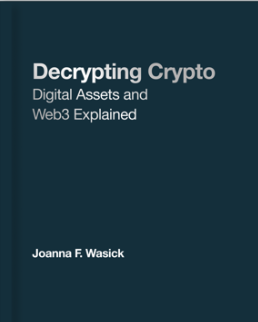
Securities Law and Practice Deskbook is a thorough guide to the Securities Act of 1933 (“Securities Act”), the Securities Exchange Act of 1934 (“Exchange Act”), relevant rules and regulations, and key case law. This book serves as an introduction to U.S. federal securities laws, providing a base for how securities lawyers tackle issues. It also acts as a general review and a first resource for seasoned practitioners when dealing with unfamiliar aspects of securities law.
Updated twice a year to keep pace with frequently changing rules and regulations, the new release (Release #25) includes the following updates:
- Chapter 1, Approaching Securities Law, discusses the Commission’s announcement of a “sensible regulatory path” for crypto assets and the creation of a crypto task force. It also discusses Nasdaq’s withdrawal of its board diversity rule and the decision by ISS and Glass Lewis to stop considering diversity factors in board election recommendations. Additionally, the chapter highlights the Commission’s request to the Eighth Circuit to delay oral arguments on climate change rules, suggesting these rules might be withdrawn.
- Chapter 5, Reach of Securities Act Regulation, discusses the Commission’s decision to pause several crypto cases in anticipation of a different regulatory scheme for digital assets.
- Chapter 6, Securities Act Registration Exemptions, covers The PIPE and private placement markets.
- Chapter 8, Securities Act Liability, discusses the courts’ stance on traceability in Securities Act claims. It highlights the Ninth Circuit’s decision in Slack Technologies to extend the traceability requirement to section 12 claims, following the U.S. Supreme Court’s strict tracing requirement for section 11 claims.
- Chapter 9, Registration and Periodic Reporting Under the Exchange Act, discusses potential shifts in regulatory policy, particularly regarding climate change disclosures. It highlights actions by acting Commission Chair Mark Uyeda that may signal the possible withdrawal of these rules.
- Chapter 10, Regulation of Proxy Solicitations, explores corporate reincorporation and its impact on shareholder protections under state laws. It discusses uncertainty in proxy advisory service regulations, the ongoing legal debate over classifying proxy voting advice for a fee as a solicitation, and a significant mid-proxy season change where the Commission Staff issued SLB 14M, which shifts the focus of no-action requests for exclusion under Rule 14a-8 back to the specific company’s business rather than broader issues.
- Chapter 12, Fraud Under Rule 10b-5 and Related Issues, talks about the rise in securities lawsuits in 2023, especially those involving Artificial Intelligence. It mentions that the total value of these cases has grown significantly. The chapter also covers the appeal in a “shadow trading” case and the success of the Commission’s Whistleblower program, which has awarded over $2.2 billion. Lastly, it discusses penalties for companies that retaliate against whistleblowers.
Order a print copy today.
PLI PLUS subscribers can access this title through their subscription.
